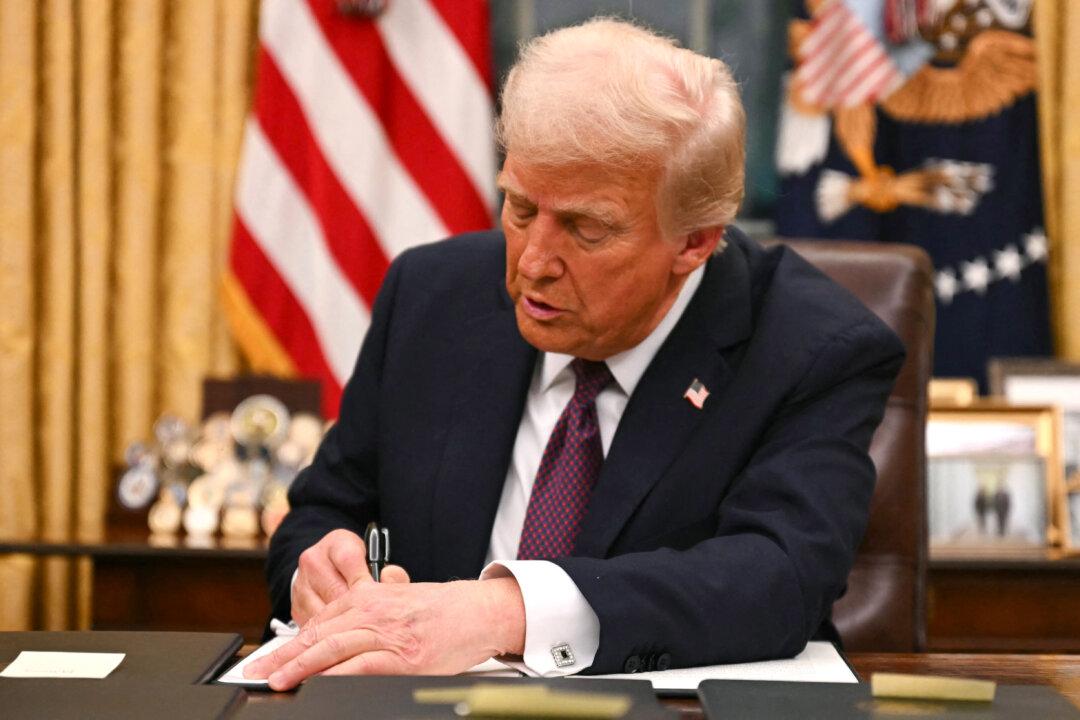The Department of Justice (DOJ) is appealing an order issued by a Seattle federal judge this week indefinitely blocking President Donald Trump’s attempt to end automatic birthright citizenship for children born to parents who are in the United States illegally.
The department filed a notice Thursday evening stating that it would appeal the ruling to the Ninth U.S. Circuit Court of Appeals.




